STORIES OF TRENTINO PEOPLE IN THE WORLD
THE STORY OF IRACEMA MARIA MOSER CANI
We asked various descendants of Trentino emigrants to tell their stories firsthand, emphasizing how their origins have guided and influenced them in life. This would not have been possible without the active and cordial collaboration of the “Trentini nel Mondo” Association, founded in 1957, working for social solidarity and as support for aggregation and assistance for Trentino migrants and their descendants. The figure we present in this issue is Iracema Maria Moser Cani, born in Brazil to a family of Trentino origin.
I was born in Rodeio, in the state of Santa Catarina, on August 30, 1937. I was fifty-two years old when I made my first trip to Italy in 1989. Trentini nel Mondo had appointed me to represent Brazil as part of its Emigration Council, the institutional body created by provincial law 27 of 1975, which among its tasks also had that of expressing «opinions on problems concerning emigration».
During the flight I was particularly nervous, because I didn't exactly know what I should report to the authorities of the Autonomous Province of Trento. So, I kept thinking about the words of Bruno Fronza, then president of Trentini nel Mondo, who had suggested that I simply relate the reality of life for those descended from Trentino emigrants.
I must admit that I was very excited to find myself in the building of the Trentino Province, together with the other council members: I felt like "a little sparrow out of the nest", in an unknown world, among people who were "truly Trentino", because they were born in Trentino before emigrating, unlike myself, who belonged to the second generation of emigrants in Brazil.
I was part of the Council until 2004 and over the years I tried to describe how the community in Brazil was evolving and how strong the cultural and emotional bond was that tied it to its land of origin, as demonstrated by the growing number of Trentino clubs founded from 1975, reaching 59 today.
The cultural and emotional bond was that ties the Brazilian community to land of origin
Clubs that I know very well, because Trentini nel Mondo entrusted me with the responsibility and honour of carrying out the role of Coordinator of the Trentino Clubs in Brazil. It was a period of substantial and close collaboration with Rino Zandonai, director of Trentini nel Mondo who tragically passed away in 2009 while returning to Europe from Brazil.
As coordinator I witnessed the birth of clubs in the states of São Paulo, Paraná, Santa Catarina, Rio Grande do Sul, Minas Gerais; I participated in meetings, gatherings, celebrations, all moments that were like an increasingly bigger and stronger wave of "Trentinity" and led to a true Trentino-Brazilian cultural resurgence, reawakening a pride in the hearts of second and third generations that had always been there but was kept hidden at the bottom of the trunk of our beautiful identity.
I participated in events what has become an increasingly greater wave of "Trentinity" and has led to a true Trentino-Brazilian cultural resurgence
My first meeting with Bruno Fronza and Trentini nel Mondo dates back to 1975, on the occasion of the celebrations for the centenary of Trentino emigration to Brazil, organized in the State of Santa Catarina.
I still remember his first speech to the community of Rodeio very well, when, addressing the people who spoke the old Trentino dialect, he said with great enthusiasm: «Look, all of you are Trentino, even if you were born in Brazil». They were words that forever changed the perception of “Trentinity” throughout the country.
At that time, the Grupo Ítalo Brasileiro de Arte e Cultura (Gibrac) already existed, made up of people from families of Trentino origin. At Fronza's suggestion it transformed into the Trentino Club of Rodeio of which I was president from the moment of its foundation, in 1975, until 1982 and then from 1992 to 1994.
I have many beautiful memories of my commitment as president and then as artistic director of the club: such as the weekly rehearsals and meetings of the choir, the organization of courses of Italian language and culture as well as cooking, the collaboration with the folk group of Castello Tesino, the creation of the « Museo degli Usi e Costumi Trentini » (a museum dedicated to Trentino customs and traditions), the first of its kind outside the province of Trento, the creation and promotion of cultural events, such as «La Sagra». All initiatives that have led the Trentino Club of Rodeio to be recognized as one of the major supporters and promoters of “Trentinity” throughout the state of Santa Catarina.
In 2019, Trentini del Mondo awarded me the certificate of meritorious member, «for having believed in the Association, for having supported it in many significant moments and for having always been an exemplary testament to the spirit and values that guide it», values that I share and believe in deeply.
I held the position of councillor responsible for Education, Culture and Tourism for Rodeio Council
I am of Trentino origin thanks to my paternal grandfather (Antonio Moser, born in Faida, Baselga di Piné on 19 December 1852, who emigrated to Brazil in 1875 and died in Rodeio in 1927) and my maternal grandparents (Giovanni Battista Fiamoncini di Mattarello, married to Vittoria Sardagna).
My father, Marcello Moser and my mother, Carolina Fiamoncini, had thirteen children between 1910 and 1937, of which I am the youngest (besides me, Erico Dyoniso, born in 1929 and Miriam born in 1935 are still alive).
As for my name, after twelve children my parents no longer knew which one to choose. The first doctor who came to Rodeio at that time was Brazilian and a very good friend of my family. Knowing Brazilian literature well, he suggested Iracema as a name, the title of the novel by the writer José Martiniano de Alencar, which had been published in 1865 and tells the story of a Brazilian Indian woman. Since it was obligatory for the Catholic Church at that time to give the newborn the name of a saint at baptism, they added that of Maria to mine: so, my full name is Iracema Maria. But there is another peculiarity: my name is also an anagram of America, the continent of destination of my grandparents who emigrated.
By profession I was a teacher of Portuguese language and literature in primary and secondary schools. In 1967 I married Aristides Cani: we had two daughters, Gláucia and Déborah, who have given us three very good grandchildren.
From 1989 to 2000 (and in the two-year period 2005/2006) I held the position of councillor responsible for Education, Culture and Tourism for Rodeio Council and in 2011 I published the book Rodeio: histórias e mórias. «This book - wrote on the back cover Flávio Betti da Cruz, Mayor of Rodeio from 1993 to 1996 - brings us the story of our Trentino ancestors, Italians from Northern Italy, who came here in search of a dream... Reading it we find their customs, their love of work, their faith. Due to the importance it represents for the city of Rodeio and its people, this is a gift that Iracema dedicates to all of us who love our city and our dear grandparents and great-grandparents who arrived here».
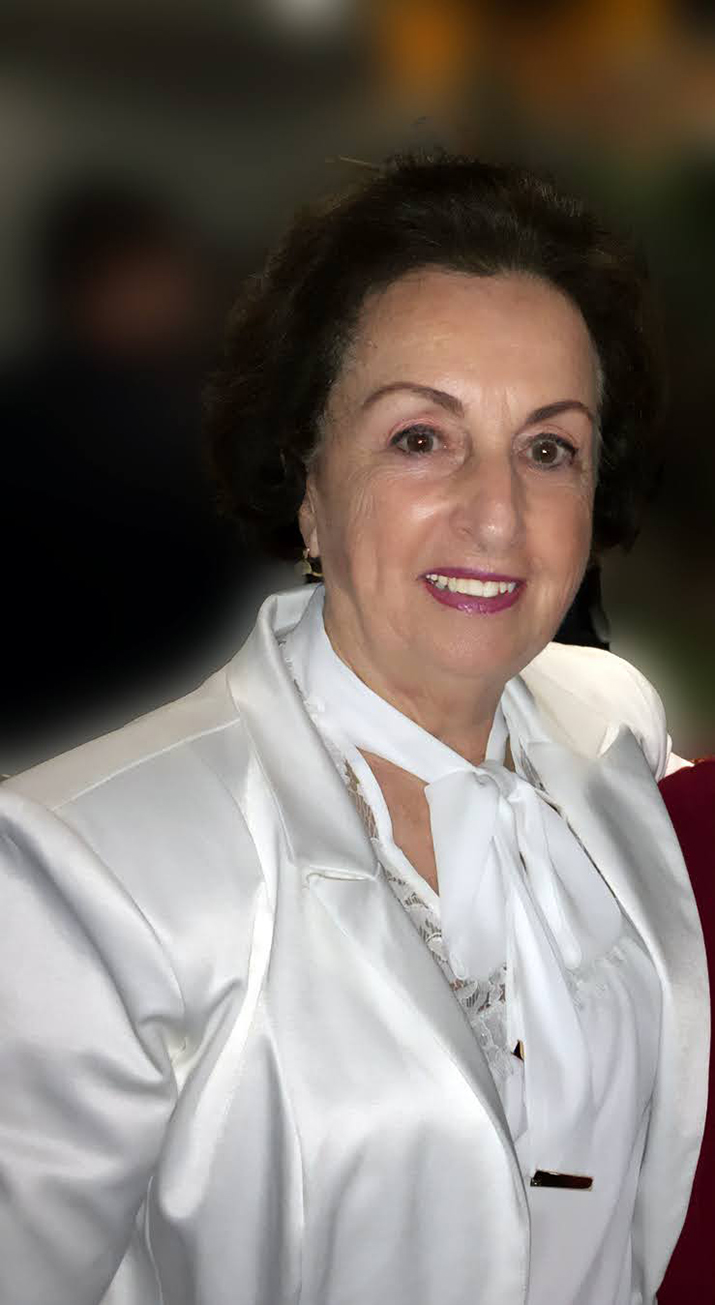
Iracema Maria Moser Cani
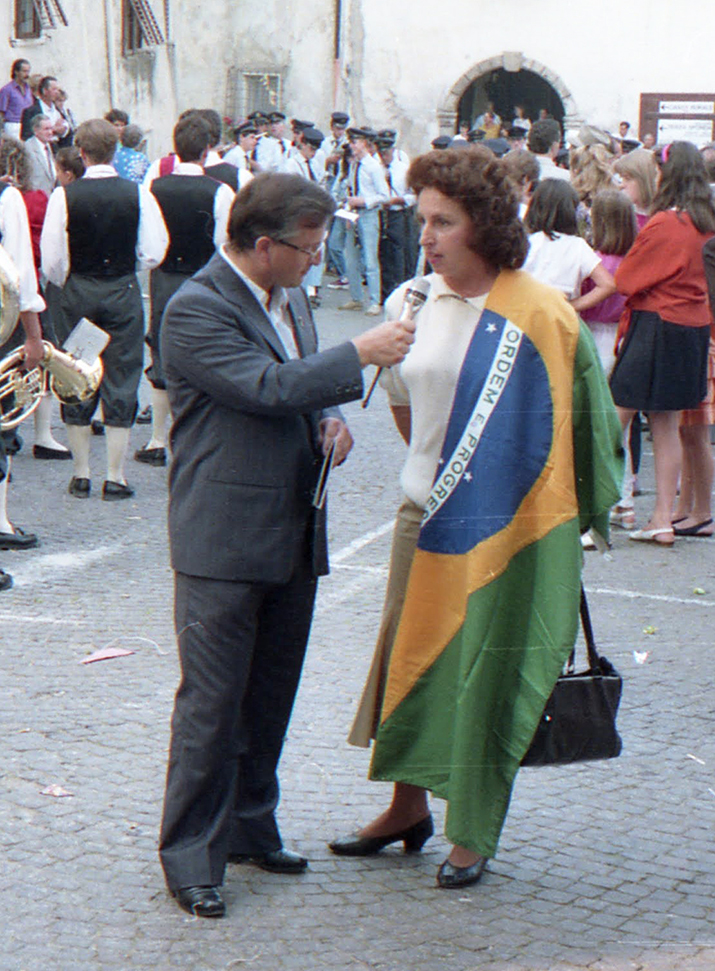
Iracema Maria Moser Cani at the immigration festival in 1989 in Rodeio
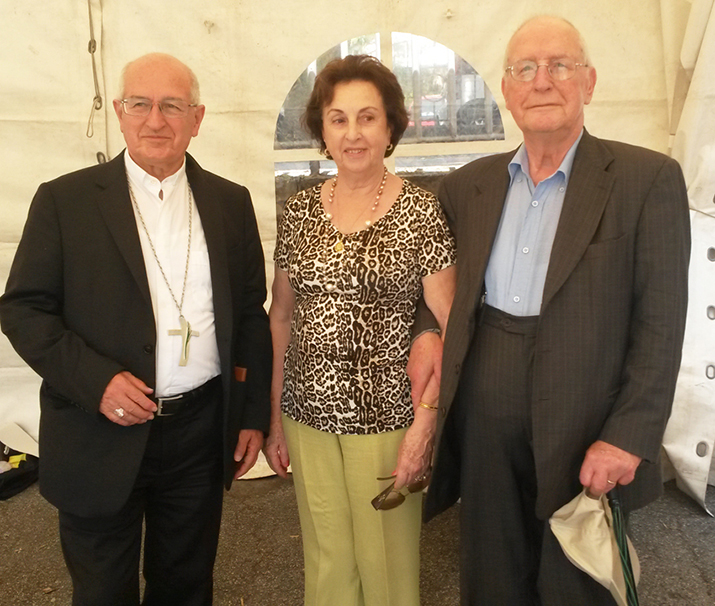
Iracema Maria Moser Cani in 2015 with the archbishop of Trento, Monsignor Luigi Bressan, and with the president of the Trentini nel Mondo Association, Bruno Fronza
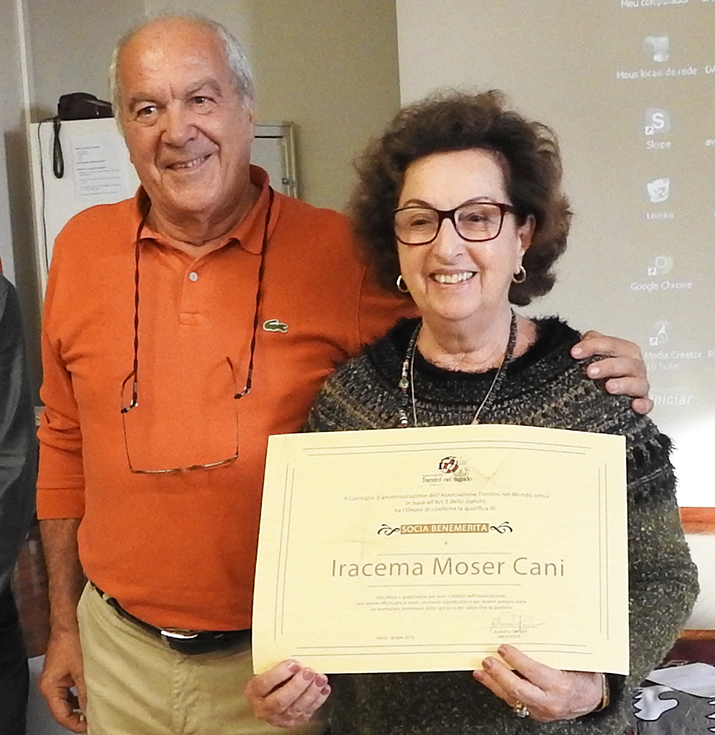
Iracema Maria Moser Cani in 2019 with the certificate of meritorious member of the Trentini nel Mondo Association
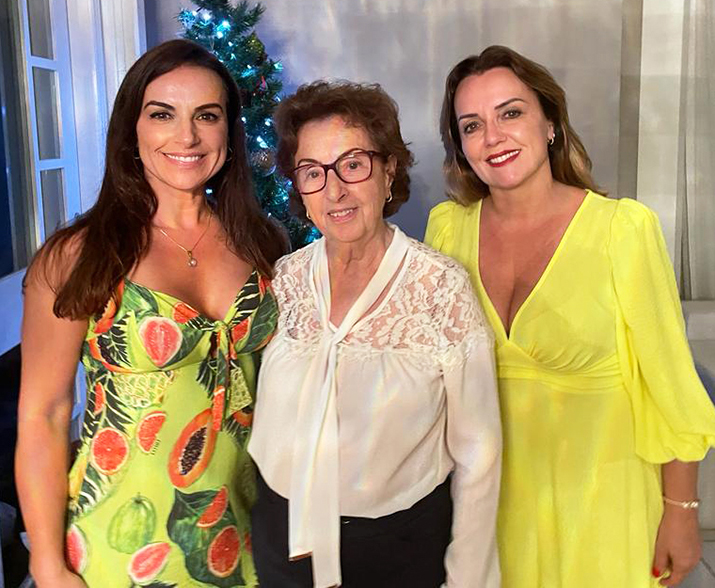
Iracema Maria Moser Cani with her daughters Gláucia and Déborah






